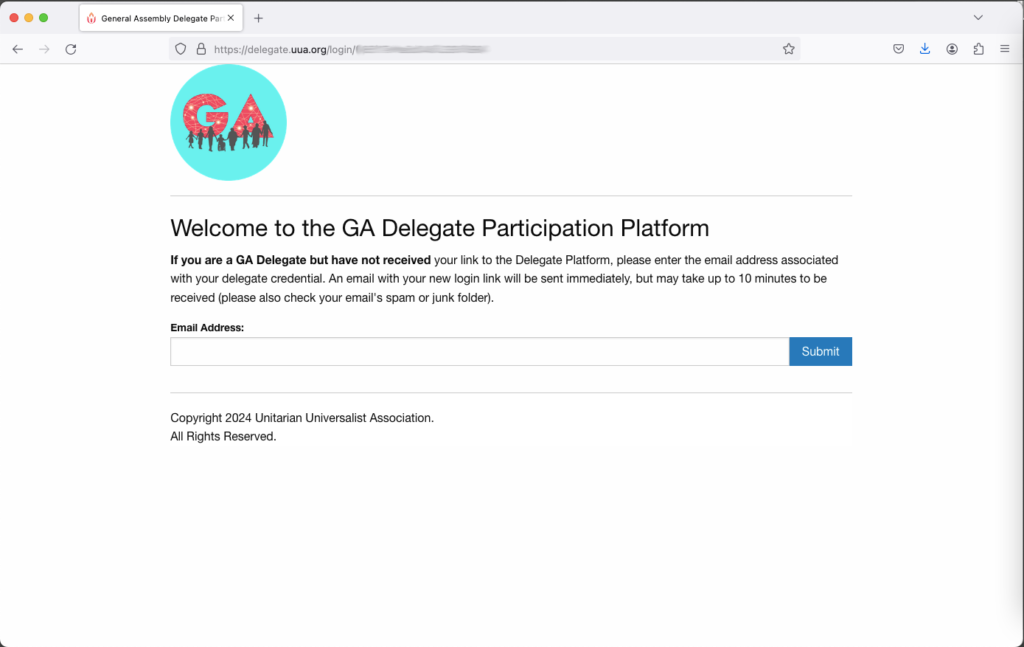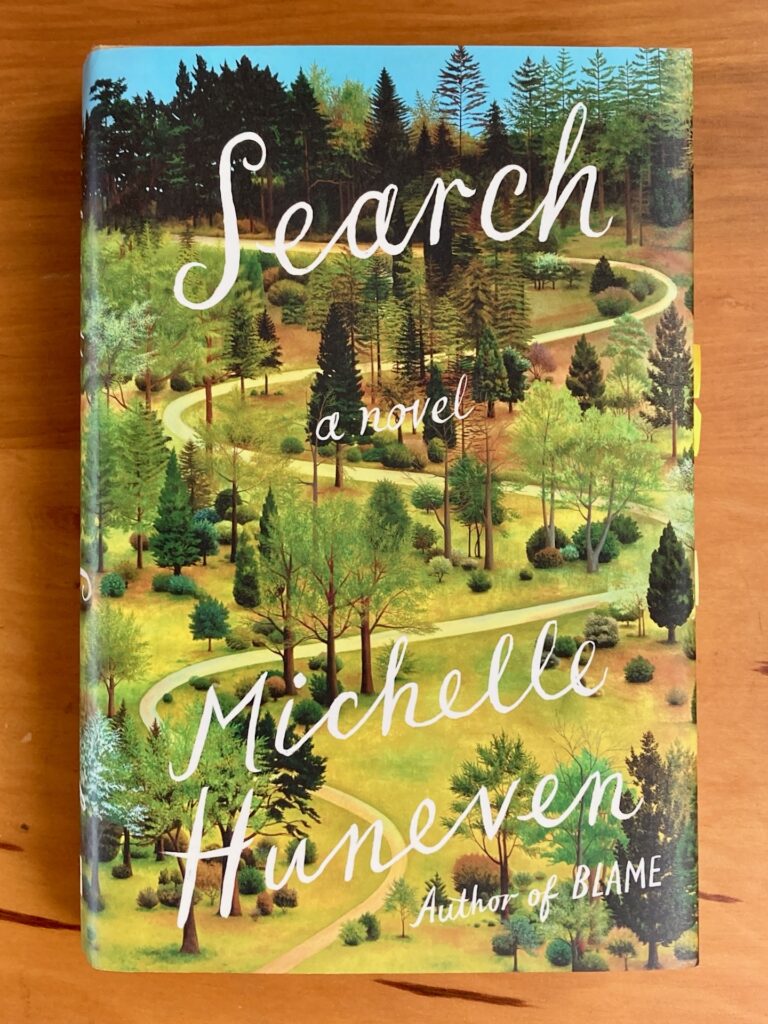Well, sadly the Ministerial Fellowship Committee (MFC) of the Unitarian Universalist Association (UUA) just sent out another notice of a minister removed from fellowship.
I keep on posting these notices here, just so there’s more of an online record of these events. By posting this, I’m not making any judgement about the minister in question, nor about the MFC’s decision. Since I’m not privy to the facts of the case, there’s no way I could make a judgement. My only purpose in posting this is to hopefully increase transparency just a teeny bit when ministers are removed from fellowship.
Here’s what the email from the MFC said: “The Ministerial Fellowship Committee voted recently to remove the Rev. Kelly Spahr from fellowship for violation of MFC Rule 26, which requires ministers to notify the MFC immediately of any complaint of abuse and/or neglect of a child or any other person brought against the minister, and/or any complaint of domestic violence, harassment or request for a restraining order brought against the minister.”
Of course, the UUA immediately took down Rev. Spahr’s information from the online directory. But the following summary came up when I did a web search, in the summary provided by the search engine: “Ms. Kelly Spahr. Current Positions. 2021 Chaplain Strong Memorial Hospital. 2019 Affiliated Community Minister The First Universalist Church of Rochester … First UU Society of Syracuse Syracuse, NY.” A little more searching showed that Spahr is a Board Certified Chaplain with the Spiritual Care Association, has served as a chaplain with the Rochester (N.Y.) Police Department; inpatient chaplain at Strong Memorial Hospital; outpatient chaplain at the URMC NeuroPalliative Clinic; and has worked in hospice.
Note that Rule 26 doesn’t appear to mean that a minister has engaged in, or been convicted of, abuse, domestic violence, etc.; the rule merely says that a minister must notify the MFC if such a complaint is lodged against them; i.e., even if there’s a false accusation, a minister still has to notify the MFC. This makes sense. But this also makes me realize that I haven’t read the MFC rules in a couple of decades, and if I ever knew about this rule I’ve long since forgotten it. Now I feel ignorant. And it looks like I had better review the MFC rules in the very near future.
Update, 10/23: Another email from the MFC came in at 7:56 yesterday evening: “The Ministerial Fellowship Committee voted recently to remove the Rev. David Kohlmeier from fellowship for egregious violation of the MFC’s rules and UUMA Guidelines, as well as our fundamental Unitarian Universalist values.” Kohlmeier had already been suspended from fellowship in 2022. Online, you can find plenty of news stories about Kohlmeier, but here’s a quick summary: In September, 2022, he was arrested in a sting operation and charged with using social media to solicit sex from minors. In March, 2024, he pleaded guilty to “felony attempted involuntary deviate sexual intercourse with a child under 16.” To make an obvious point: in this case, the legal facts are clear. Kohlmeier worked at the Falmouth, Mass., UU congregation from 2017 to 2021, and at the Harrisburg, Penna., UU congregation from 2021 t0 September, 2022.


